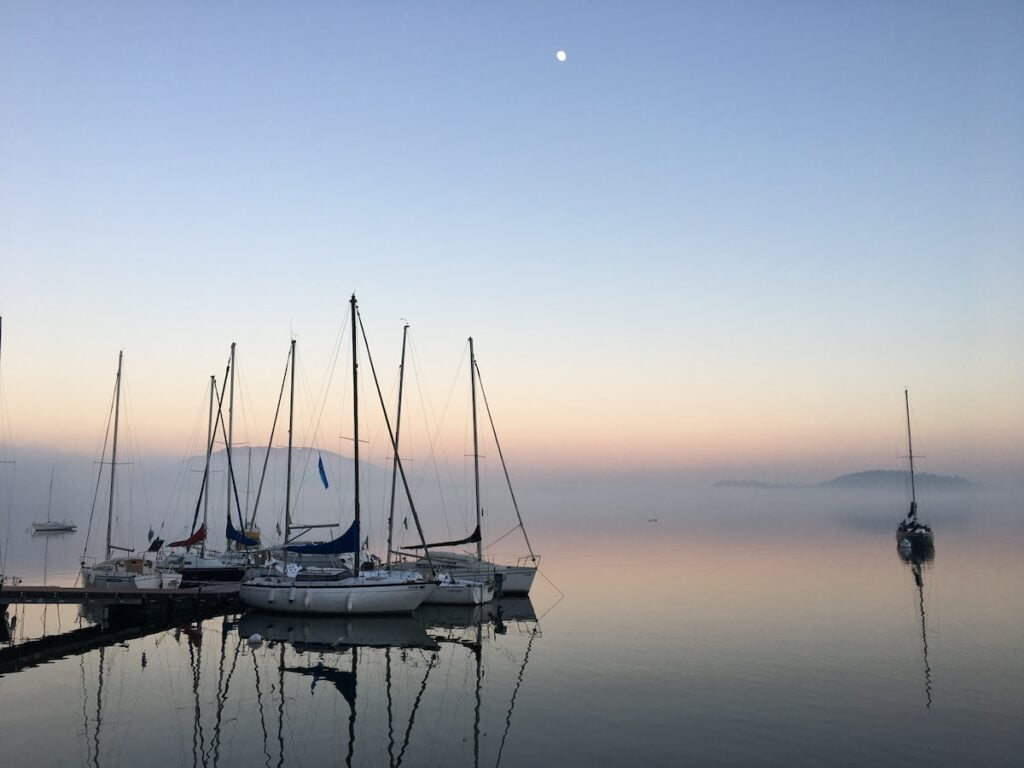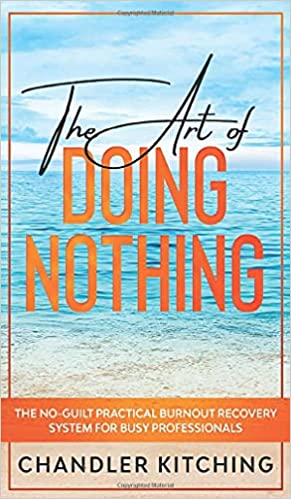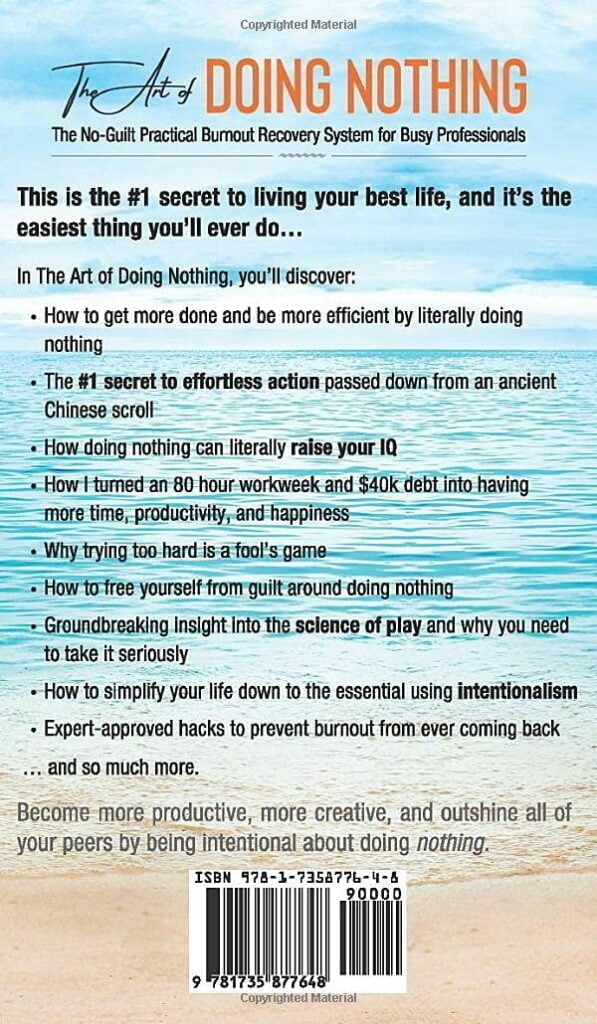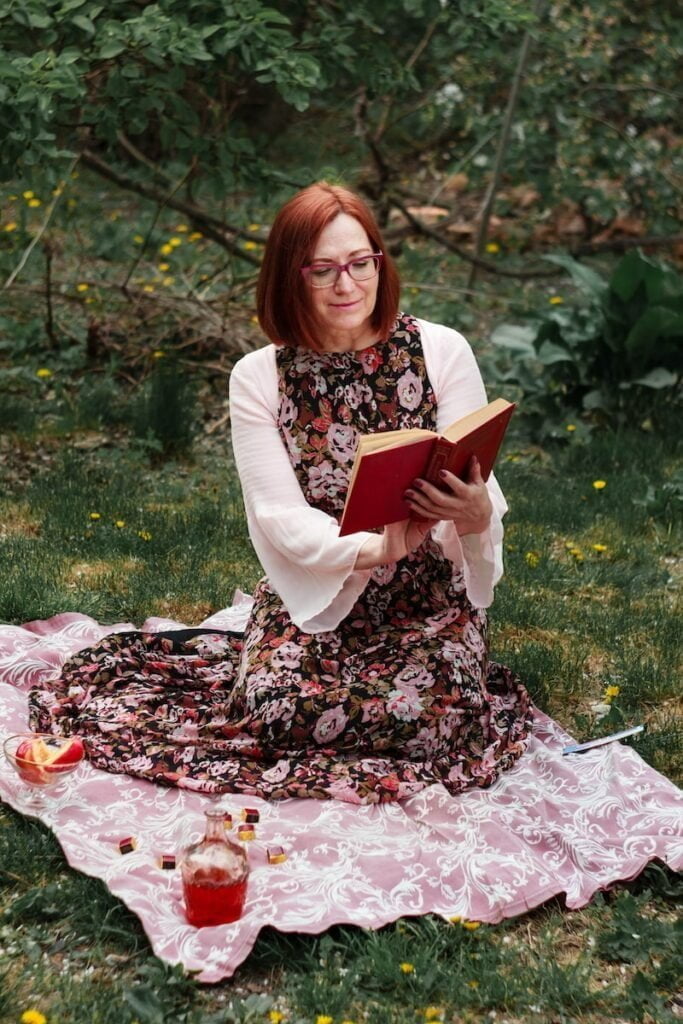Niksen: The Dutch Art of Deliciously Doing Nothing and Stress-Free Living

In an increasingly fast-paced world, the pursuit of calm and balance can often feel like a never-ending quest. But what if the secret to tranquillity lies in the art of doing nothing? The Dutch may have found the answer with a simple yet profound wellness trend: Niksen. As the world becomes more aware of the need to manage stress and recover from burnout, Niksen – a Dutch term for “doing nothing” – has caught global attention for its refreshing approach to well-being.

Niksen: a remedy for modern stress pandemic and a solution for stress- free living
Our lives have become increasingly complex, and the pressure to perform in various aspects of life is incessant. While some stress can be beneficial, helping us focus and perform at our best, the problem arises when this stress becomes excessive and unmanageable.
Niksen, however, offers a novel solution to this issue. “When you do nothing, you connect to your default mode network. And that network is responsible for mind-wandering and reflection,” explains Leiden University psychology professor Bernet Elzinga. It’s no surprise that the Dutch, despite not working long hours, are known for their efficiency at work. This is likely influenced by their attitude of “just be normal, that’s already crazy enough,” a reflection of the country’s honest and egalitarian culture.

The Niksen productivity delicious paradox
In a world where busyness is often seen as a badge of honour, the Dutch concept of Niksen offers a refreshing perspective. By embracing the art of doing nothing, we may not only find the tranquility we seek but also enhance our productivity in a seemingly paradoxical way. As we navigate through the complexities of modern life, perhaps what we need is a little more Niksen – a little more time to simply be.
According to psychologist Thijs Launspach, Niksen means “doing nothing or occupying yourself with something trivial as a way of enjoying your own time. Not doing nothing entirely but doing as little as possible.” This concept is particularly applicable across generations, not only ageing people who have more free time and less commitments, but it’s also becoming increasingly relevant to younger generations, who are more stressed out than ever – even in the Netherlands, a country traditionally recognised for its work-life balance.
Niksen is not the only form of the art of doing nothing; from ancient times, it was practised as a mindful approach to relaxation and a natural form of self-care. It’s about creating space for your mind to wander, to self-reflect, and to rest, which in turn can lead to increased productivity and a healthier work-life balance. By allowing your brain to rest, you come back with better focus and sustained attention.


WU WEI – DOING NOTHING 無爲 a delicious stress-free living we forgot about it?
In a recent book The Art of Doing Nothing: The No-Guilt Practical Burnout Recovery System for Busy Professionals, Chandler Kitching shares “how to raise your IQ ” and why ‘trying too hard is a fool’s game’...”
Known as Wu wei, the art of doing nothing, is deeply rooted in the ancient Chinese philosophy and culture, particularly Daoism (or Taoism), and has been an essential component of Chinese thought for thousands of years. Daoism, with its central texts such as Dao De Jing (or Tao Te Ching) and Zhuangzi, advocates for a lifestyle that is in harmony with the natural order of things (the Dao or Tao). This philosophy encourages embracing spontaneity, simplicity, and tranquillity—concepts that beautifully encapsulate the essence of wu wei.
The early Chinese thinkers considered the natural world as an integrated whole. They observed the effortless yet highly efficient functioning of the natural elements—how the planets move, the seasons change, plants grow, and rivers flow—and tried to comprehend the inherent principles that governed these processes. It is in this context that the concept of wu wei emerged. It implies an idea of action that is not forced but arises spontaneously and naturally, harmonizing with the movements of the cosmos.
In the Dao De Jing, the ancient sage Laozi wrote, “The world is won by those who let it go. But when you try and try, the world is then beyond the winning.” This underlines the idea of wu wei: allowing things to take their natural course, not forcing or resisting, and achieving goals in an effortless way.


To the Western mind, the concept of doing nothing may seem paradoxical, especially in an action-oriented society that values effort, struggle, and control. But in the ancient Chinese thought, wu wei is not about literal non-action. It is rather about the art of minimal action or intervention to achieve the best result, like water flowing downhill, taking the path of least resistance yet all-powerful.
In a practical sense, wu wei can be seen in the practice of traditional Chinese arts like calligraphy, martial arts, or the tea ceremony, where the highest skill level is demonstrated by effortlessness, grace, and spontaneity. This idea has influenced various aspects of Chinese society over the centuries and continues to be a guiding principle in many people’s lives.
The wisdom of wu wei offers a fascinating viewpoint in the pursuit of harmony and balance. It teaches us that sometimes, by doing less, we can achieve more; by relinquishing control, we gain it; and by following the natural flow of life, we find peace and effectiveness.
In the sea of endless to-do lists, a counterintuitive trend has emerged, signalling a profound shift in our understanding of work and life. Dubbed as the ‘Great Resignation‘ or ‘quitting job pandemic’, an astonishing number of people globally are choosing to step back from their work. As per a Microsoft survey in 2021, 41% of the global workforce was contemplating leaving their current employers. By 2023, this wave has only magnified, reshaping our collective conversation about the meaning and purpose of work.
Do you want to share your story and inspire our readers ? Know that every story is paving the way for a brighter, happier future.





